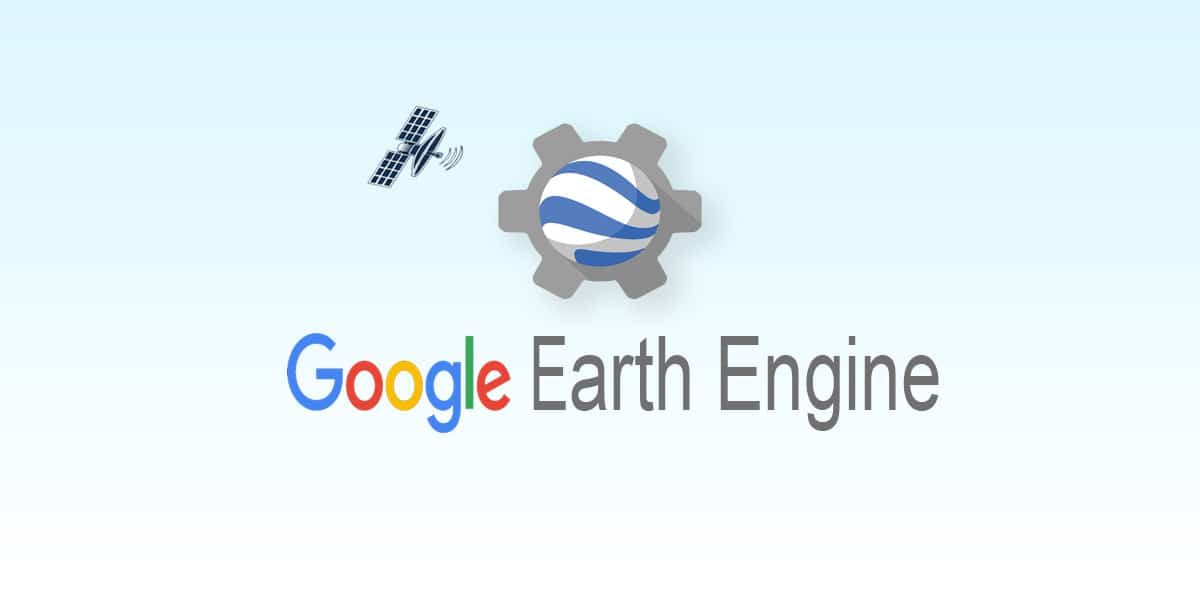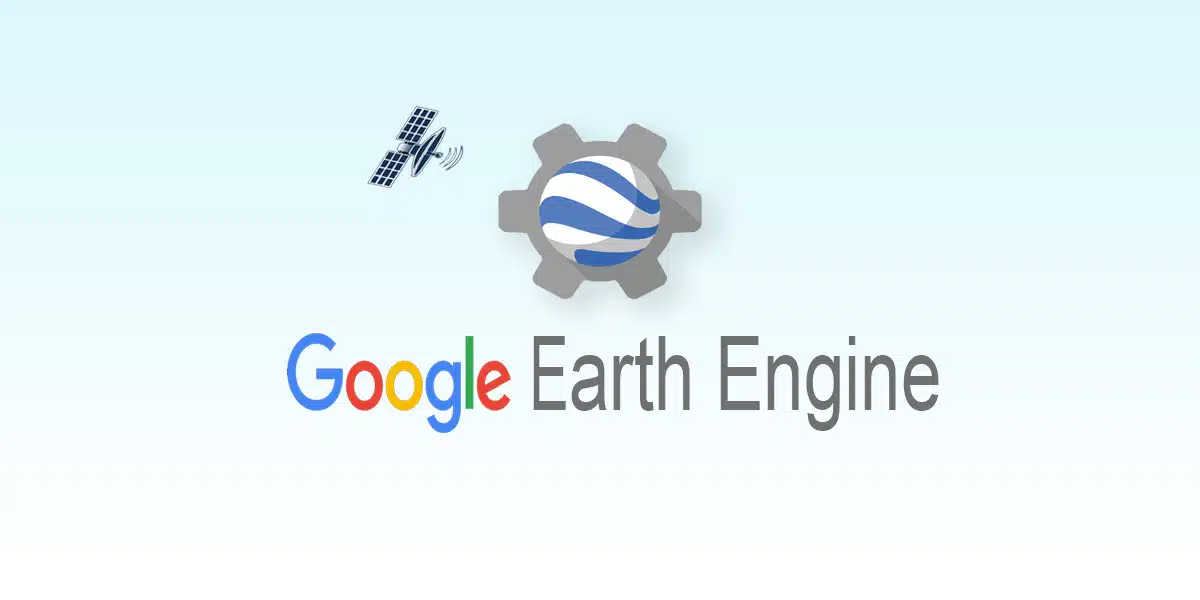Tech giant Google has opened access to one of the world’s largest Earth observation catalogs to government agencies and businesses across the globe.
Google’s Earth Engine, a comprehensive archive of information sourced from satellites and constantly streamed from other sources, has long been used by academic researchers and those belonging to non-profit or non-government organizations to gain insights regarding the Earth’s surface.
Its latest iteration, an enterprise-grade commercial edition, gives the government and corporate sector access to the same information, particularly in the context of corporate social responsibility through sustainability measures.
According to Google Earth director Rebecca Moore, giving governments and businesses access to the Earth Engine is one way by which Google is helping the corporate sector establish more sustainable business practices. It is, essentially, a response to numerous requests made by various corporations over the past several years for tools for use in sustainability transformation or conversion.
Combining satellite data with geospatial cloud-computing resources, this tool enables researchers and other entities to use the information for timely and accurate insights and high-resolution imagery regarding the current state of the world. The Earth Engine has, thus, become an indispensable tool for monitoring global forests, ecosystems, agricultural zones, and water sources.
A Useful Application
In 2021, Google initially launched the commercial version of Earth Engine on a limited basis to several companies, including SC Johnson. The application has been of great use to these companies, enabling them to learn more about certain geological and natural factors that would affect the development of future products and services.
SC Johnson, in particular, made use of the information gleaned through the app to develop a publicly-available model of when and where mosquito populations are expected to emerge in a bid to control pest populations in the name of public health.
Originally launched for the global scientific community and related NGOs in 2010, the Earth Engine is just one of numerous products that Google is developing for corporate and enterprise customers, prioritizing sustainability. This and similar tools will enable these companies to meet their sustainability goals through substantial information gleaned from reliable sources in a timely fashion.
Other tools currently in Google’s pipeline for reducing corporate carbon footprints include a pilot program to gather insights necessary for implementing carbon-free energy in the workplace and expanding the Carbon Sense range of data products.







